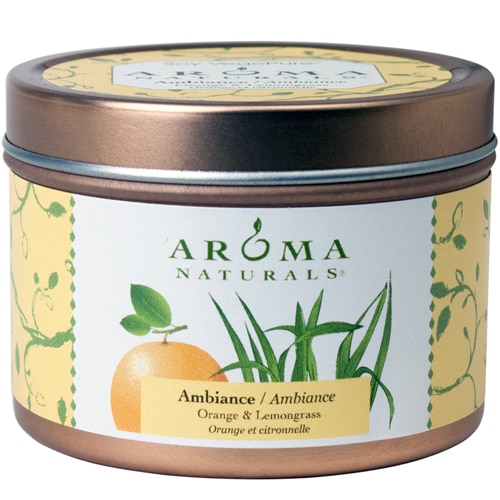Being generous has its perks. A bevy of studies suggest that giving time—or money—to those in need offers a backdoor into better health. Here are five of the wonderful benefits you get when you give.
1. Lowers blood pressure
Being a part of a social network has positive corollaries for your health: you live longer, are less prone to illness and have lower blood pressure than if you are isolated. And when you tangibly give to others, those impacts get even more pronounced.
A study published in the International Journal of Psychophysiology showed that givers experienced heightened self-esteem, less depression and significantly lower blood pressure than those less prone to put on their helper’s hat.
2. Makes you live longer
Taking care of others is a surprising way to take care of yourself—and it’s more effective than you might think. A 2013 roundup of studies related to volunteering found that helping others on a regular basis can reduce early mortality rates by 22 percent, in contrast to the mortality rates of the volunteering-averse. To earn the pay-off, the help has to be consistent and entail a minimum of an hour a month of diligent effort.
What’s the common thread among these studies of how helping others benefits health? The speculation is that connecting to others in substantial ways wards off loneliness, which many studies have found to be as dangerous as smoking in terms of its long-term health impacts.
3. Creates positive associations
A recent study found that recalling memories of times you have given before, rather than times you have received, generates a desire to be more generous. The researchers found that people who actively recalled the times they had given to others were the most likely to donate money, with 46.15 percent of those who remembered their own generosity indicating that they would do so.
4. Induces a helper’s high
A study published in Science found voluntary gift giving activates the brain’s pleasure centers. This might explain why some people feel a “warm glow” when they’ve donated money to a good cause. Performing an altruistic act releases endorphins similar to the one released during exercise, contributing to a “helper’s high.”
5. Goes viral
Giving can generate a pay-it-forward ripple effect. A study by James Fowler of the University of California, San Diego, and Nicholas Christakis of Harvard, published in the Proceedings of the National Academy of Science, suggests that generosity has a cascading effect on others—specifically three degrees of separation (from person to person to person).
Generosity is contagious—it immediately inspires people to act in a similar fashion. One generous acts spawns two more, and so on, so that a few generous actions can quickly influence hundreds of people.




